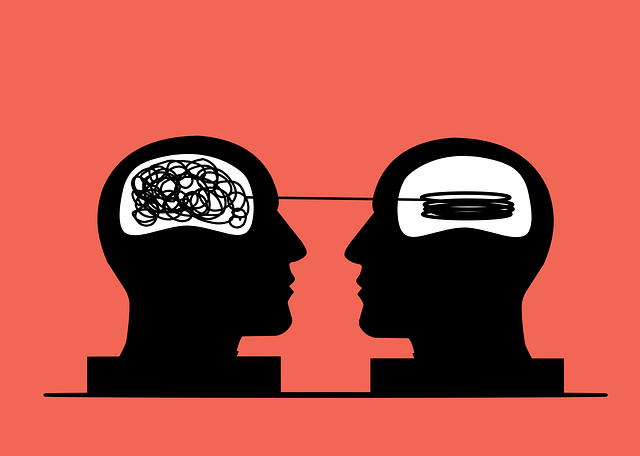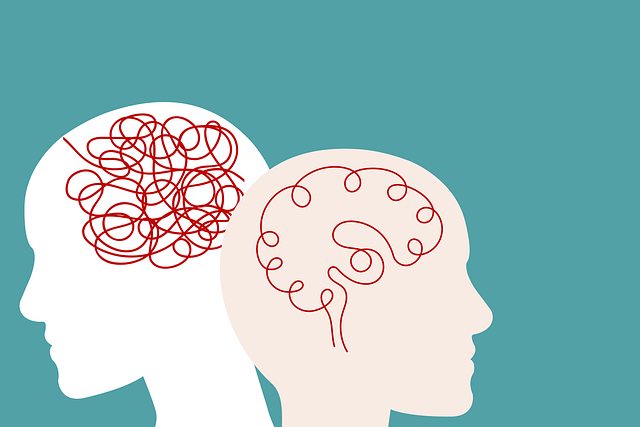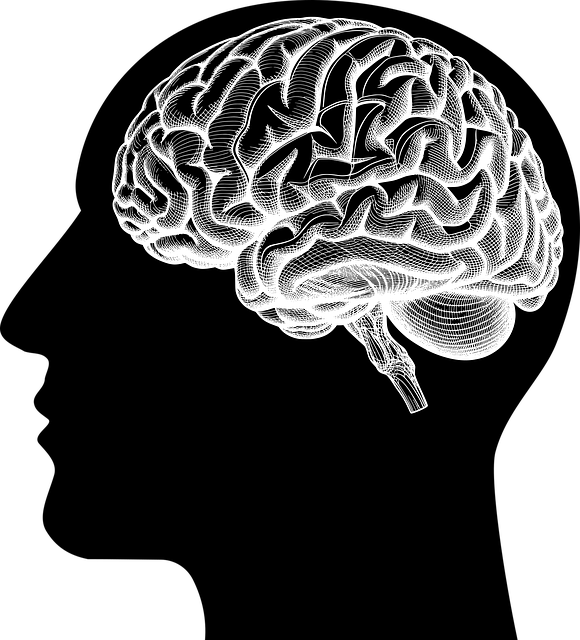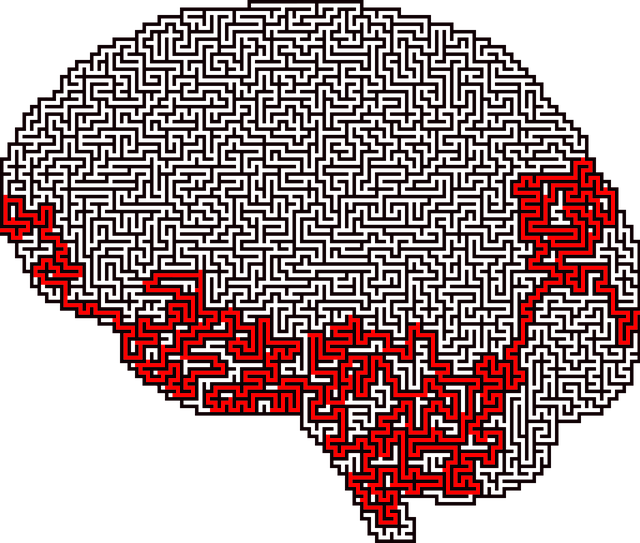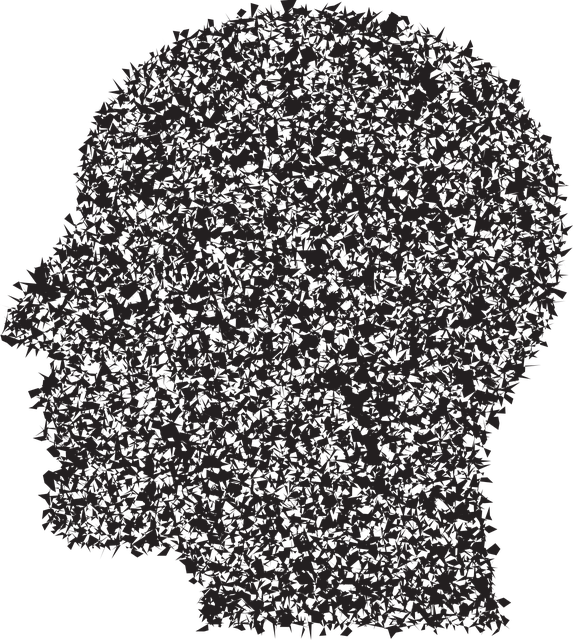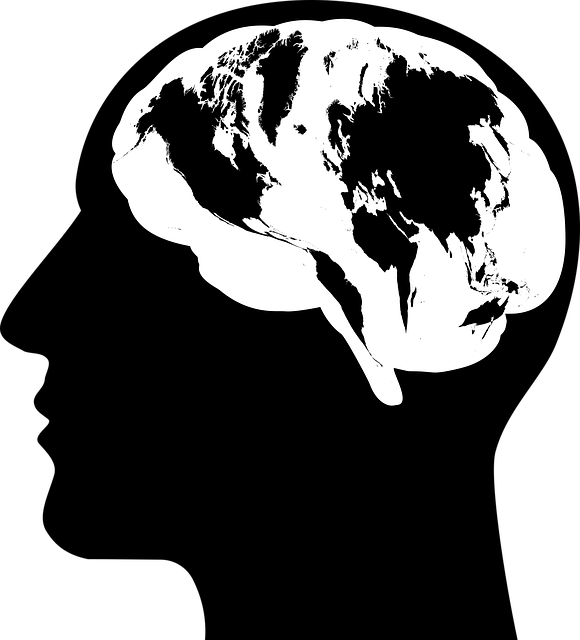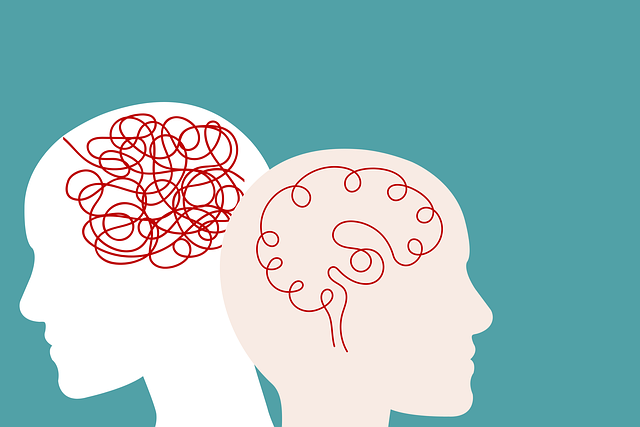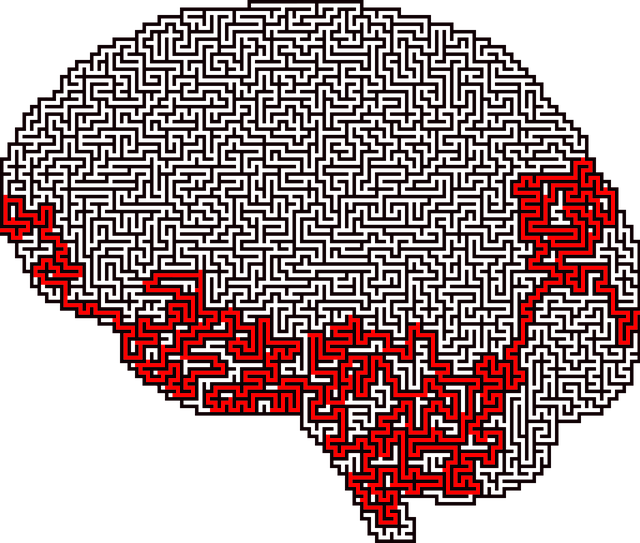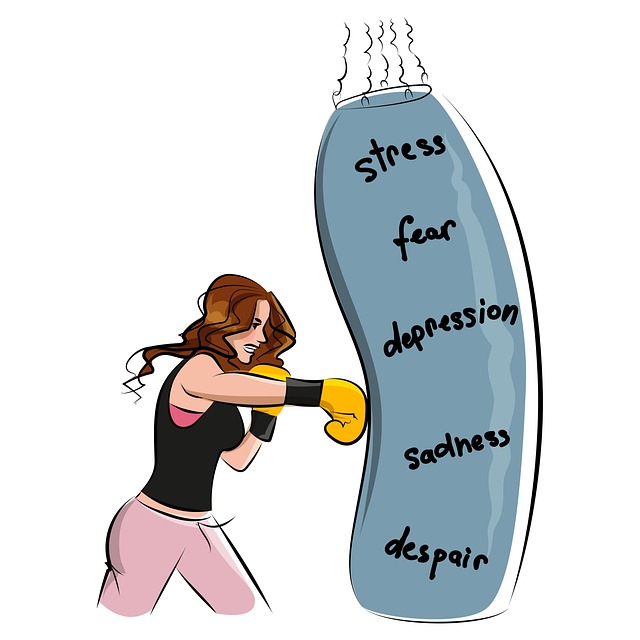Trauma impacts individuals across all ages, requiring tailored support strategies. For children, therapies like play and art therapy help process emotions non-verbally, while geriatrics benefit from holistic approaches combining emotional intelligence and stress management. Specialized training is crucial for healthcare providers to offer personalized care, respecting individual backgrounds. Tailored approaches include CBT for older adults, fostering open dialogue and resilience. Integrating community support and family engagement enhances accessibility and trust. Comprehensive training for professionals, addressing age-specific needs, leads to positive outcomes in trauma recovery for children and geriatrics through effective therapy and stigma reduction.
“Trauma support services play a pivotal role in healing and rehabilitation across diverse age groups, from children to geriatrics. This comprehensive guide explores the multifaceted landscape of trauma care, delving into its profound impact on mental health. We dissect effective strategies for identifying and assessing trauma in both pediatric and geriatric populations, highlighting specialized therapy approaches tailored to their unique needs. Furthermore, the article emphasizes integrated support services, community engagement, and family-centric care as cornerstones of successful trauma recovery.”
- Understanding Trauma and Its Impact Across Age Groups
- Identifying and Assessing Trauma in Children and Geriatrics
- Specialized Therapy Approaches for Different Age Ranges
- Integrating Support Services: Community and Family-Centric Care
- Training and Resources for Professionals Providing Trauma Support
Understanding Trauma and Its Impact Across Age Groups

Trauma is a profound and complex experience that can affect individuals across their lifespan, from childhood to geriatrics. Understanding trauma’s impact on different age groups is essential in tailoring effective support services. Children, for instance, may exhibit symptoms such as anxiety, aggression, or regressive behaviour after a traumatic event, requiring specialised therapy like play therapy or cognitive behavioural therapy (CBT) tailored to their developmental stage.
On the other hand, geriatrics might face unique challenges due to accumulated life experiences and potential age-related vulnerability. They may need holistic support that addresses emotional intelligence and self-awareness exercises to process past traumas while also incorporating stress management techniques to cope with the stresses of aging. Tailoring trauma support services to meet these diverse needs is crucial in fostering healing and resilience across all age groups.
Identifying and Assessing Trauma in Children and Geriatrics

Identifying and assessing trauma is a delicate process that requires specialized skills, especially when working with vulnerable populations such as children and geriatrics. In the case of children, trauma may manifest in various ways, from behavioral changes to emotional withdrawals or sudden outbursts. Healthcare providers skilled in this area employ techniques like play therapy for children, allowing them to express their experiences non-verbally. This approach is crucial in building trust and facilitating the emotional healing processes necessary for recovery.
For geriatrics, trauma can be more subtle, often stemming from life changes, chronic illnesses, or significant losses. Assessing mental wellness in this demographic demands a nuanced understanding of age-related challenges. Providing therapy for geriatrics should consider cultural competency training for healthcare providers, as personalized care that respects individual backgrounds and beliefs is essential. This tailored approach ensures effective support for both children and geriatrics who have experienced trauma, fostering their overall well-being.
Specialized Therapy Approaches for Different Age Ranges

Specialized therapy approaches cater to distinct age ranges, ensuring tailored support for individuals across their lifespan. For children, play therapy and art therapy are prevalent methods that encourage self-expression and emotional release through engaging activities. These techniques help young clients process traumatic experiences while fostering healthy coping mechanisms and building resilience.
As individuals age, trauma can manifest differently, requiring unique therapeutic interventions. Geriatric therapy often incorporates cognitive behavioral therapy (CBT) to address complex emotions and negative thought patterns associated with past traumas. Additionally, communication strategies are integral to this process, promoting open dialogue and empowering older adults to share their stories on their terms. The focus is not only on healing but also on preventing depression and enhancing overall well-being through trauma-informed care.
Integrating Support Services: Community and Family-Centric Care

Integrating support services that are both community- and family-centric can significantly enhance trauma care, especially when tailored to cater to diverse populations. This approach recognizes that healing from trauma is deeply influenced by social connections and environmental factors. For instance, providing therapy for children within their familiar community settings not only increases accessibility but also fosters a sense of safety and trust, crucial elements in overcoming the impact of traumatic events. Similarly, family involvement in mental illness stigma reduction efforts can create supportive networks that enable better risk assessment for mental health professionals and facilitate more effective mood management strategies.
By intertwining these services, care becomes holistic, addressing not only individual mental health needs but also the broader social context that shapes one’s well-being. This community-centric model ensures that support is accessible, acceptable, and tailored to the unique needs of each individual and family, ultimately contributing to more positive outcomes in trauma recovery.
Training and Resources for Professionals Providing Trauma Support

Professionals providing trauma support services require comprehensive training and access to a diverse range of resources. This includes specialized education on recognizing and addressing complex trauma responses across different age groups, from children to geriatrics. Understanding the unique needs of each demographic is crucial for effective therapy. For instance, therapy for children often involves play therapy and age-appropriate techniques, while supporting geriatrics may necessitate adaptations for physical limitations and cognitive changes.
Moreover, professionals should engage in continuous learning about mental illness stigma reduction efforts, depression prevention strategies, and self-awareness exercises to enhance their practice. These initiatives contribute to creating a supportive environment, encouraging individuals to seek help without fear of judgment. Effective support services ultimately foster resilience and promote healing for those who have experienced trauma.
In conclusion, trauma support services are multifaceted and age-specific, with specialized therapy approaches tailored for both children and geriatrics. Understanding trauma’s impact across different age groups is essential in identifying and assessing its presence effectively. Integrating community and family-centric care ensures a holistic approach to healing. Professionals providing trauma support require access to adequate training and resources to offer the best care possible, especially when dealing with sensitive populations such as children and geriatrics who may need specialized therapy like Therapy for Children and Geriatrics.
